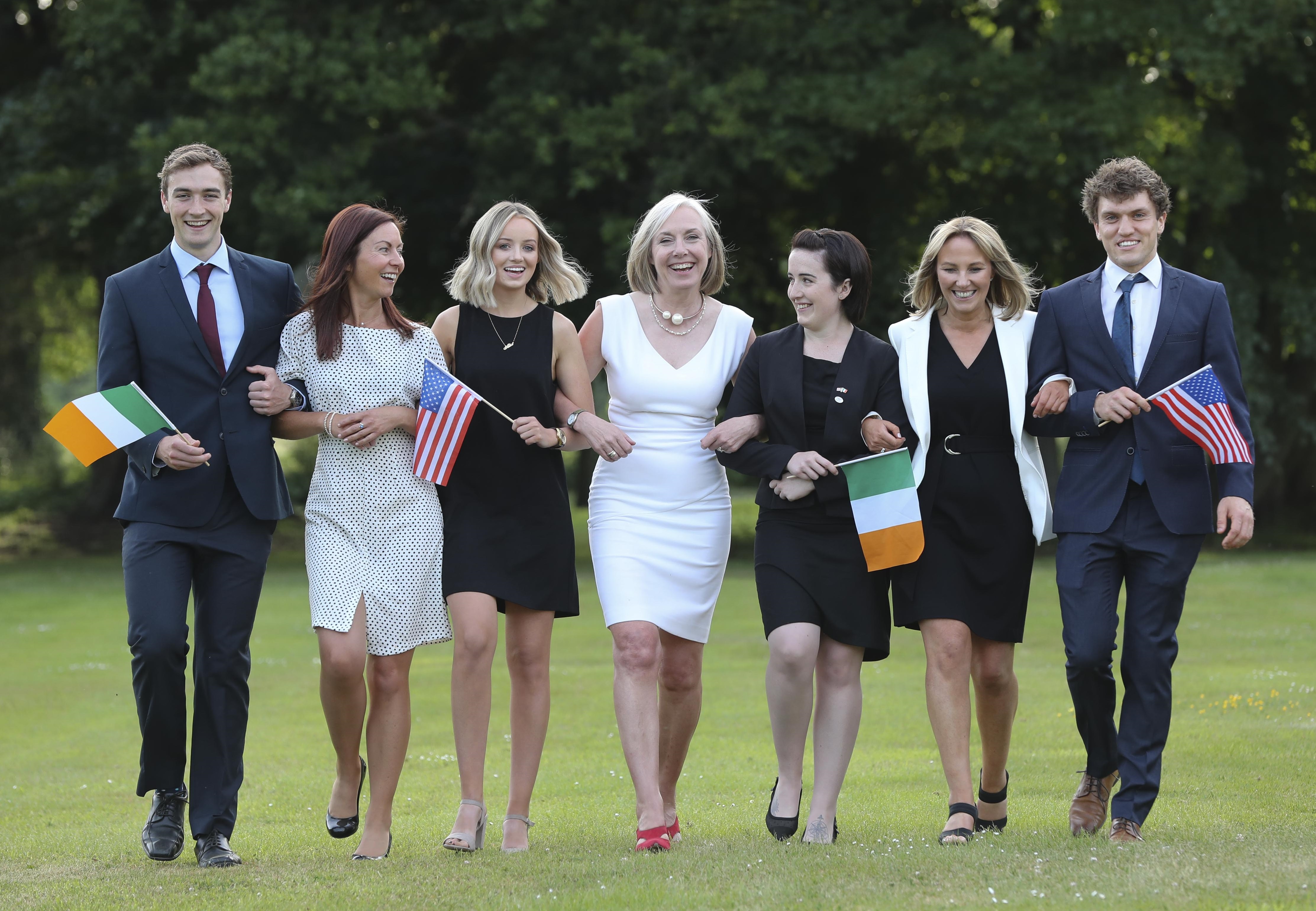Alix Whelan

Alix Whelan is a PhD candidate in Trinity College Dublin. She was awarded an Irish Research Council Scholarship for her PhD studies, which focus on the development of bioprosthetic heart valves. As a Fulbright-Enterprise Ireland Awardee, Alix went to the University of Texas, at Austin to further her research in developing a computational model which can enable improved bioprosthetic valve designs.
What does your research / work do for citizens?
My research focuses on improving the durability of bioprosthetic heart valves for patients. At present, the long-term efficacy of these devices is both unknown and understood to be inadequate. Aortic valve disease is an extremely prevalent and serious cardiovascular disease, where severe cases are associated with 50% mortality, 2 years after diagnosis. Thus, improving the durability of these devices will reduce the need for re-operation and provide better patient outcomes.
What problem are you trying to solve?
A specific tissue component of bioprosthetic heart valves is understood to significantly reduce the long term durability of the devices. Based on the structure of this tissue, experimental and computational studies can inform new design and manufacturing technology to provide patient devices which can last the required time; exceeding 20 years.
Where did you go on your Fulbright Award and why?
I went to The University of Texas at Austin, to Professor Michael Sacks’ lab. Professor Sacks has over 20 years experience in heart valve research, and is a pioneer and leader in this field.
What were the chief learnings from you Fulbright Award? What are you able to do better now?
My Fulbright Award gave me new points of view for the research I do, as well as insights and exposure to other techniques and methods for constructing computational models. I have brought these findings back to my lab in Trinity College Dublin, and our collaboration with UT Austin is still ongoing.
What have been the highlights of your Fulbright experience so far?
I thoroughly enjoyed my research in the Sacks lab, and have come home with new ideas and knowledge heading into the final year of my PhD. However, the highlights of my award were the people I met, and the true Texan experiences in Austin. I was also able to travel around the southern states, which I have always wanted to do. I am extremely grateful to the Fulbright Commission for providing me with the opportunity to live and research in the United States, and I would highly recommend anyone to apply for a Fulbright Award. My six months in Austin are definitely the highlight of my PhD.
